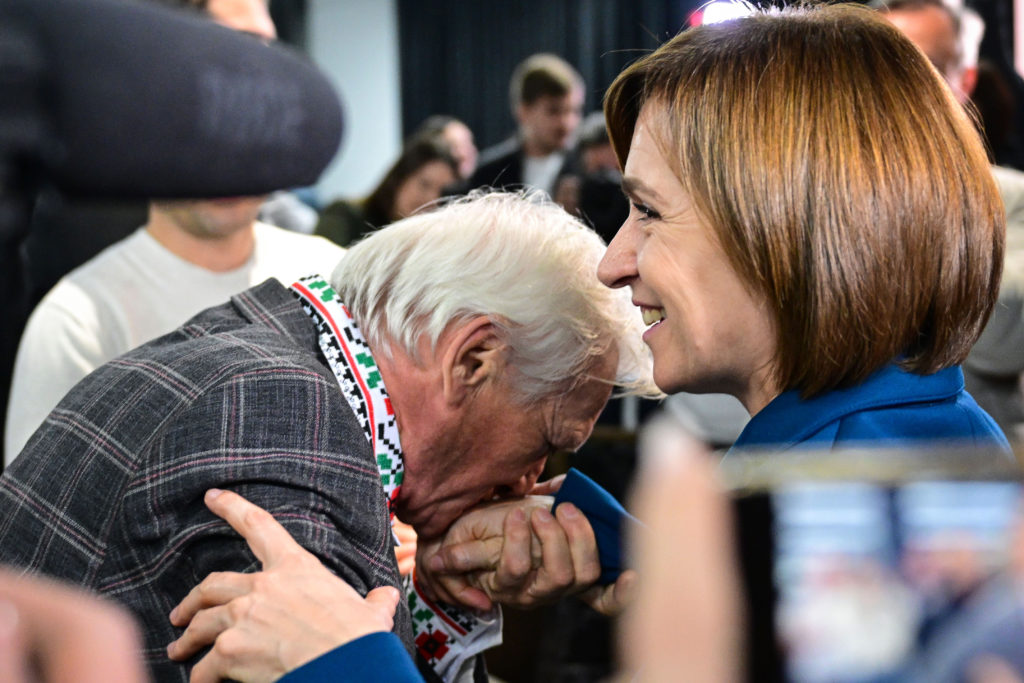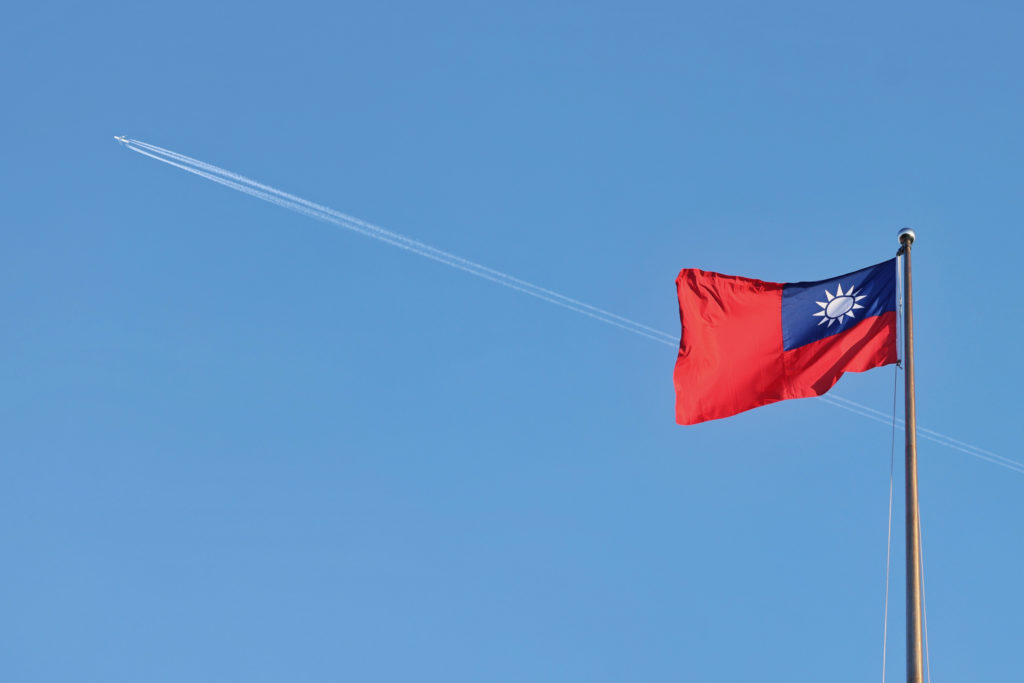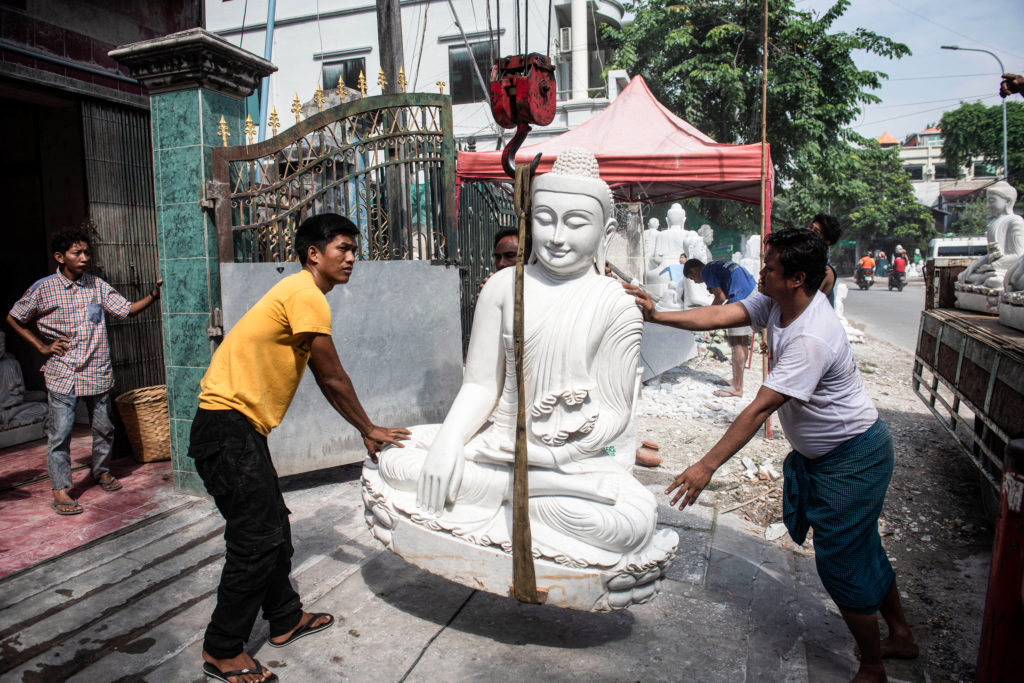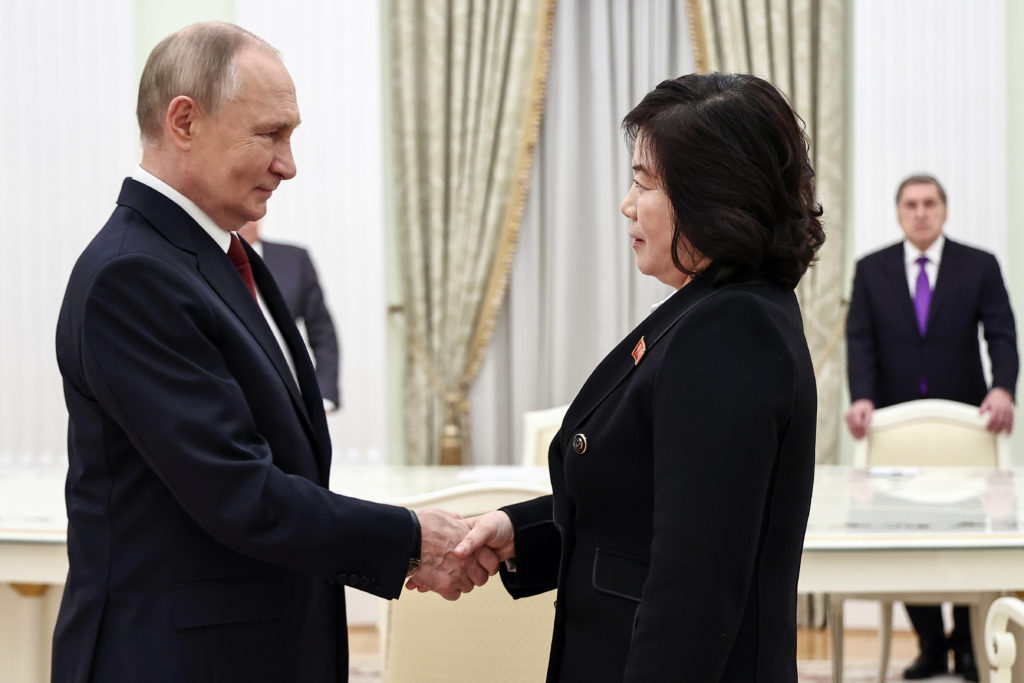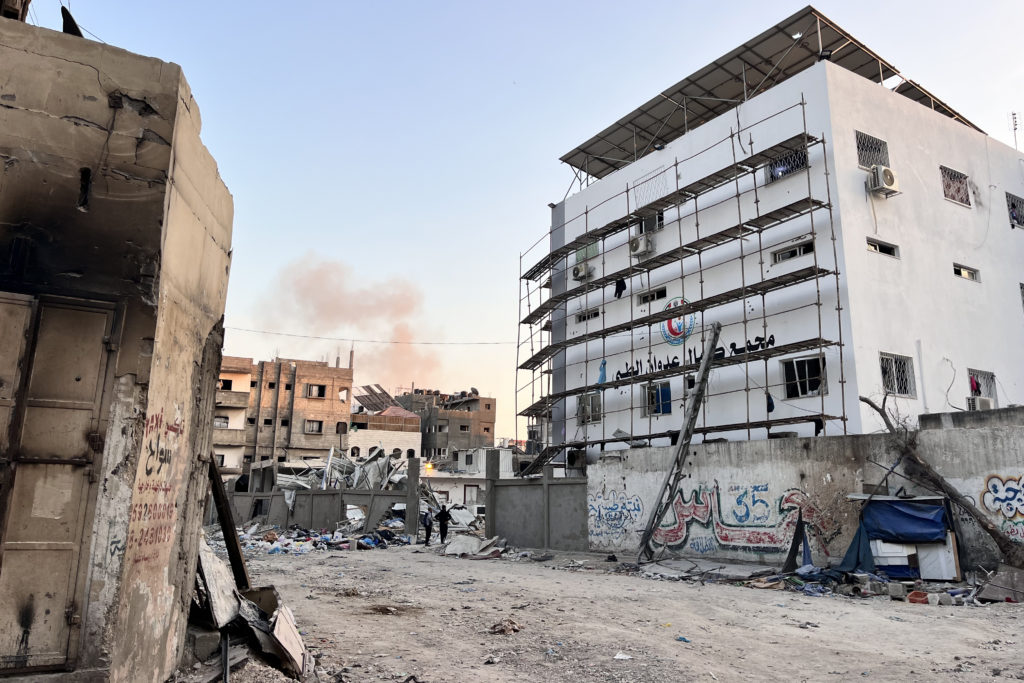The European Union on Monday welcomed the re-election of Moldova’s pro-European President Maia Sandu, who the pro-Russian Socialists promptly slammed as “illegitimate” after a tense vote that has laid bare divisions in the former Soviet republic bordering war-torn Ukraine.Sunday’s key vote was overshadowed by allegations of Russian meddling and took place just two weeks after a referendum in which Moldovans voted by a razor-thin margin in favour of joining the EU.Backed by the country’s large diaspora, Sandu won 55.33 percent of votes, the election commission said with all votes counted. Her rival, Alexandr Stoianoglo, who is supported by the Socialists, received 44.67 percent.”Yesterday, Moldovans took a crucial step forward on our European path. But the fight for democracy in Moldova — and across our region — continues,” Sandu wrote on X on Monday.But the Socialists said irregularities and the reduction of polling booths in Russia for Moldovans living there had marred the vote.”Maia Sandu is an illegitimate president, recognised only by her sponsors and supporters abroad. The people of Moldova feel betrayed and robbed,” the party said in a statement.- ‘European future’ -European leaders hailed Sandu’s re-election, with EU foreign policy chief Josep Borrell saying Moldovans “had shown once again their determination to build a European future despite hybrid attempts to undermine democracy”.German Chancellor Olaf Scholz said Sandu had “set her country’s European course”, while Berlin condemned what it called “a massive, coordinated attempt” to prevent Moldovans abroad from voting, including with bomb threats, calling the intimidation “totally unacceptable”.Ukrainian President Volodymyr Zelensky emphasised the need for “a peaceful, united Europe”.Sandu owed her victory to Moldovans living abroad, many of them in EU countries. Of the almost 328,000 votes cast abroad, more than 271,000 were for her.The 52-year-old former World Bank economist actually lost in the territory of Moldova itself, election results showed.Moldova is deeply polarised. A large diaspora and the capital mostly favour joining the EU, while rural areas and the pro-Russian separatist regions of Transnistria and Gagauzia are against.In a conciliatory speech mostly in Romanian, the country’s official language, but also in parts in Russian, Sandu vowed to be a “president for all”.Russia has been accused of seeking to sway voters in both Moldova and in Georgia, another former Soviet republic, where the ruling party won a contested parliamentary election last month.Moscow has denied the allegations.In recent weeks, Moldovan authorities have reported “unprecedented… attempts at destabilisation”, including massive vote buying, fake bomb threats, cyberattacks and disinformation campaigns and Russia’s alleged use of the “organised transportation” of voters.- ‘Foreign interference’ -Turnout was higher than in the first round on October 20.”Maia Sandu is our only chance for the youth to have a future and to remain here,” 19-year-old student Ana-Maria Simon told AFP in Chisinau on Monday.Sandu, who became the country’s first woman president when she beat a Moscow-backed incumbent in 2020, applied for Moldova to join the 27-member EU after Russia launched its full-scale invasion of Ukraine in 2022. Membership negotiations formally began in June.In the October 20 referendum, 50.35 percent backed EU membership.Sandu blamed “foreign interference” for the narrow result in the country of 2.6 million people.”Russia had an influence… but this is not the only reason why 44 percent of people voted for Stoianoglo,” Lucian Cristea, a 27-year-old student, told AFP, noting a deep attachment to Russia for some. The diaspora vote “tipped the election”, said Florent Parmentier, a political scientist at Paris-based Sciences Po university, noting Sandu’s “dependence on the outside”.To maintain its pro-EU course, Moldova needs “a lot of help”, given “the hybrid war waged by Russia”, according to Andrei Curararu, an analyst at the Chisinau-based WatchDog think tank.”It will not succeed on its own,” he said.The country faces parliamentary elections expected to be held in summer 2025, with experts predicting another key test for the government’s pro-European drive.burs-ani-anb/jza/bc
Mon, 04 Nov 2024 13:33:12 GMT

